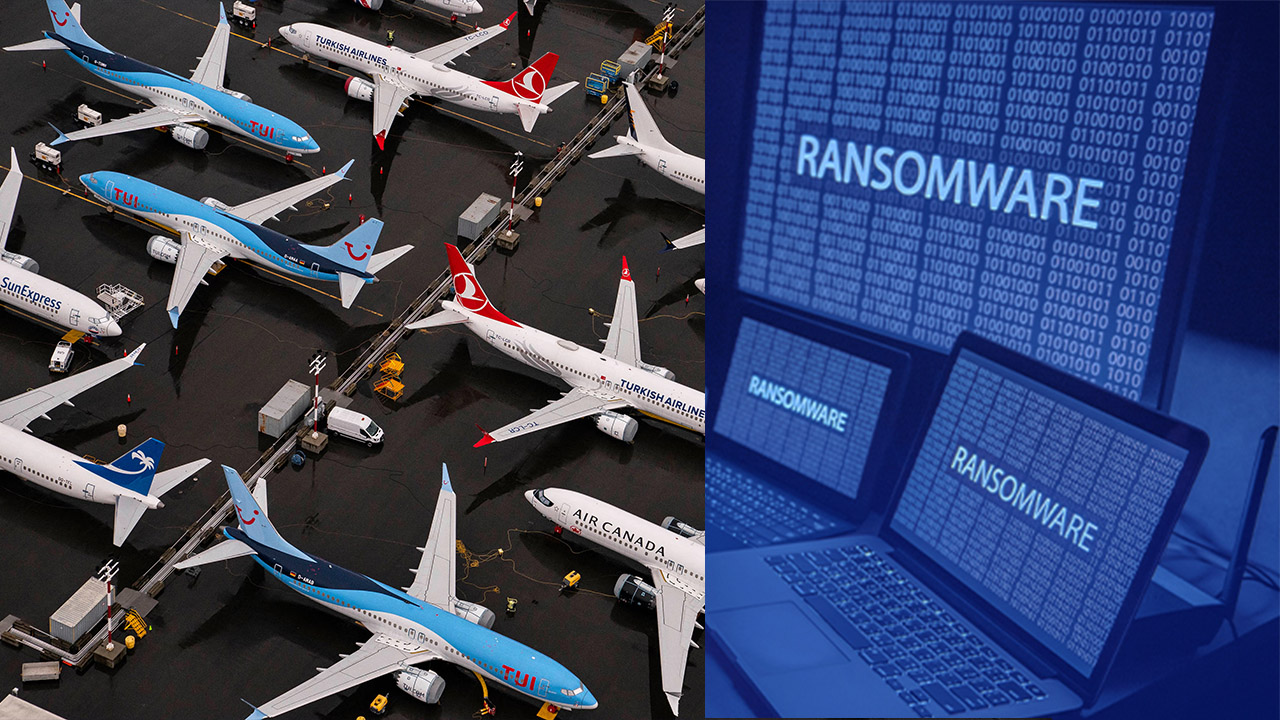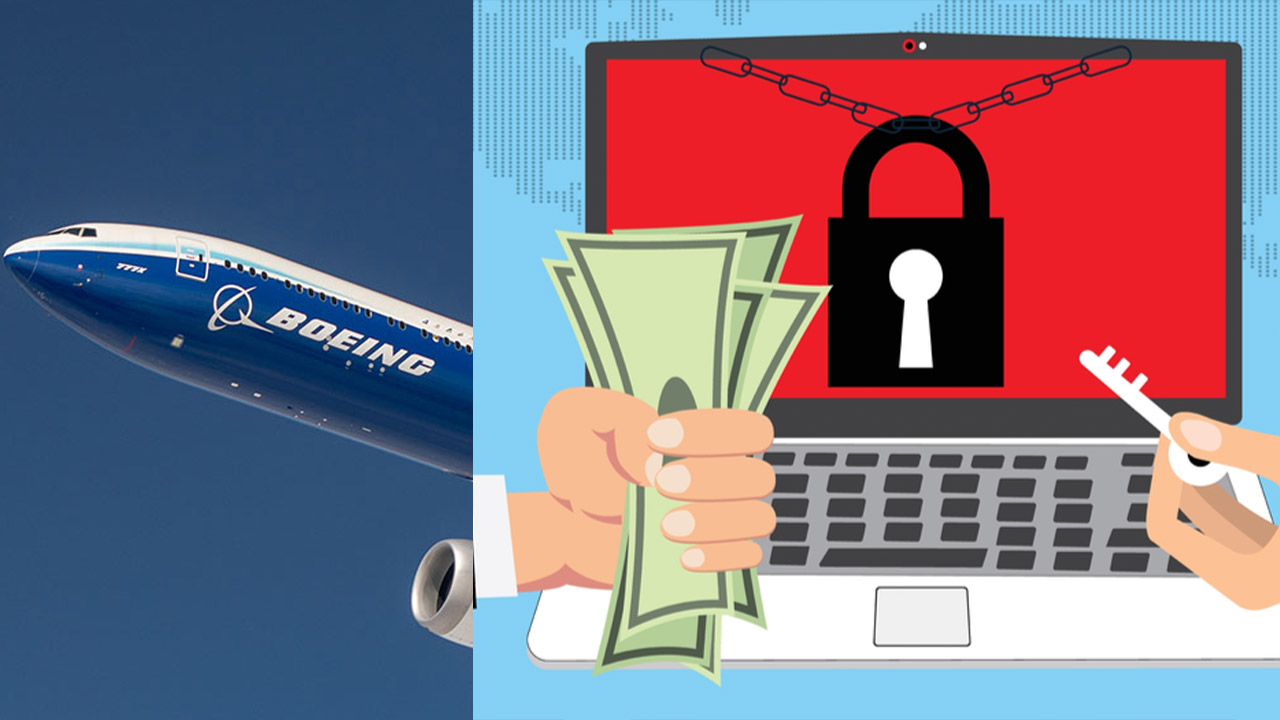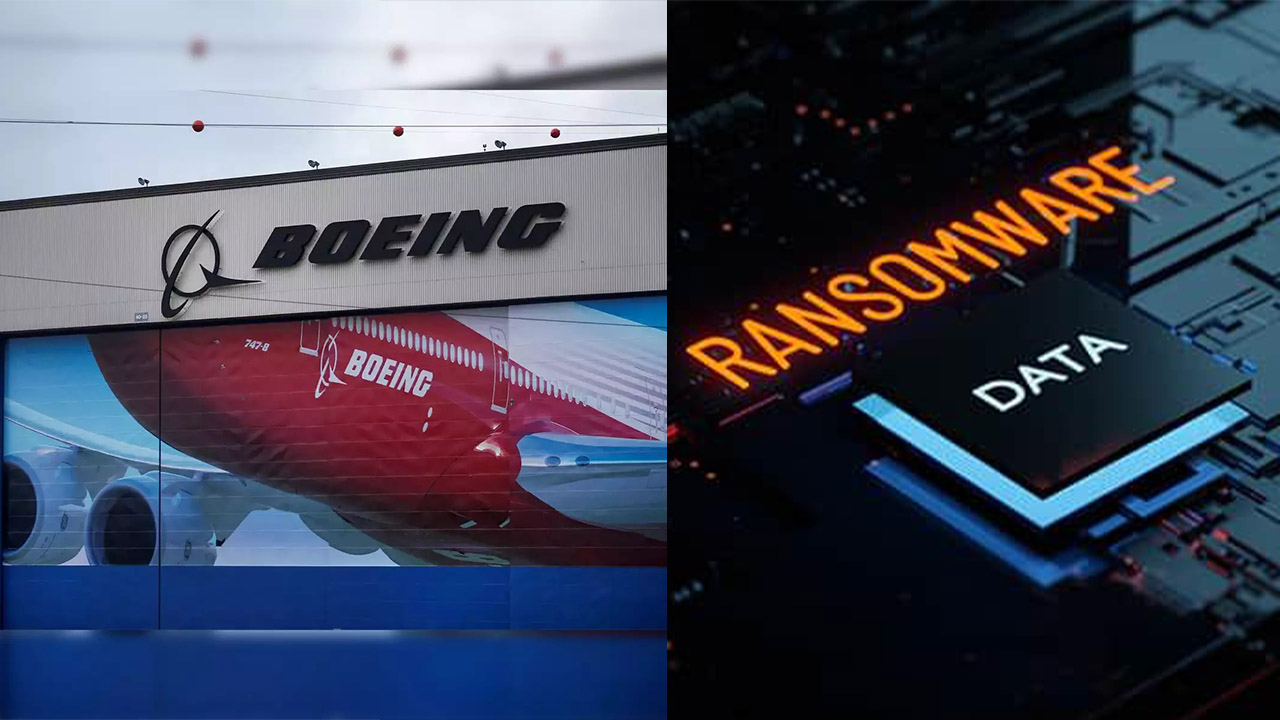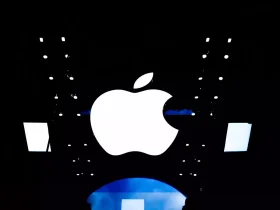Boeing, the American aircraft manufacturer, remains steadfast in its refusal to yield to hackers who pilfered 43GB of data and demanded a $200 million ransom for its return. Last October, Boeing fell victim to the LockBit ransomware group, which menaced to expose a substantial trove of secure data.
Despite Boeing’s resolute stance, LockBit proceeded to disclose the pilfered information, encompassing the manufacturer’s IT management software, monitoring logs, and other auditing tools.
Today, an unsealed indictment from the United States Department of Justice targeting LockBit’s mastermind, Dimitry Yuryevich Khoroshev, implicated a “multinational aeronautical and defense corporation, headquartered in Virginia,” as the recipient of another $200 million ransom, a payment Boeing acknowledged.

Khoroshev faces charges for establishing LockBit, a group that victimized 2,000 entities and amassed over $500 million in ransom payments.
Although law enforcement efforts to dismantle the organization were initiated earlier this year, recent actions by federal authorities mark a renewed crackdown. International repercussions include sanctions against Khoroshev by the United Kingdom, United States, and Australia.
Boeing’s $200 million ransom demand ranks among the largest in recent ransomware assaults, with Maersk, a transportation titan, enduring a $300 million loss in a 2020 attack.
Nonetheless, these figures pale in comparison to the staggering $2 billion ransom faced by British Engineering company Amey PLC in 2021.
The data breach inflicted constraints on Boeing’s operations, particularly in parts and distribution sectors, although the company assured customers of uncompromised flight safety.

This breach underscored the aviation industry’s vulnerability to sensitive information exposure, emphasizing the necessity for robust firewall and cybersecurity measures.
This latest ransom demand compounds Boeing’s recent challenges, including quality control issues spotlighted by whistleblowers, the Department of Justice, and the Federal Aviation Administration.
Consequently, production of the popular 737 MAX aircraft has decelerated, with CEO Dave Calhoun announcing his resignation, effective at the end of 2024, citing the Alaska Airlines 737 MAX incident in January as a pivotal moment prompting leadership transition amidst Boeing’s mounting adversities.







Leave a Reply